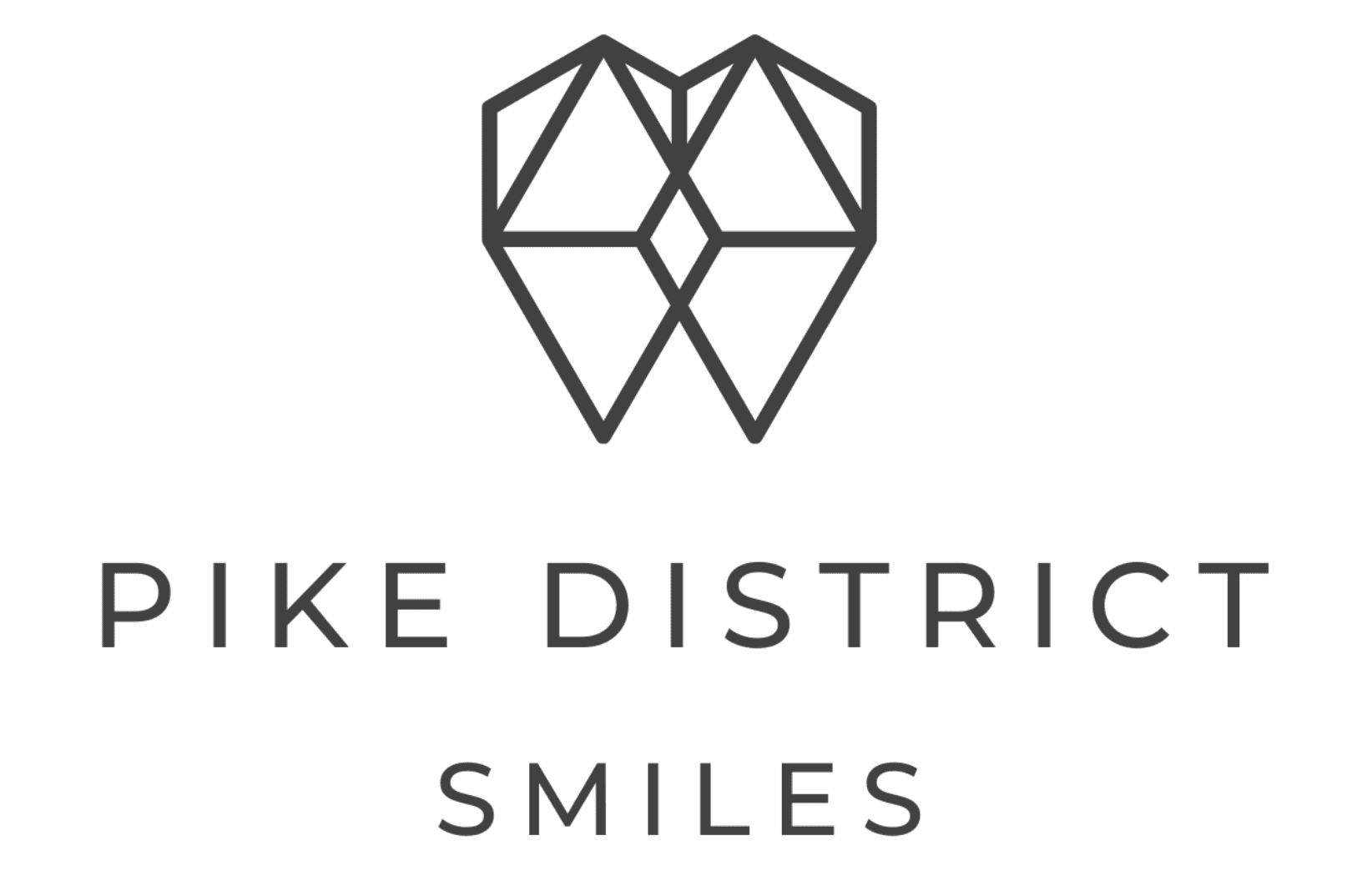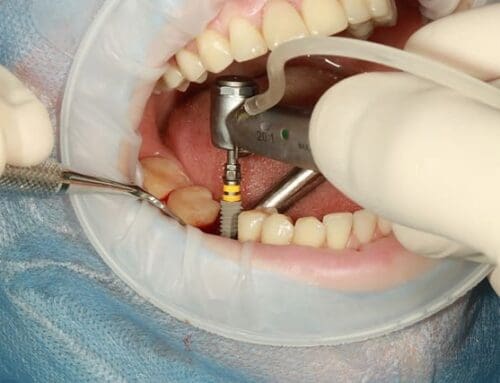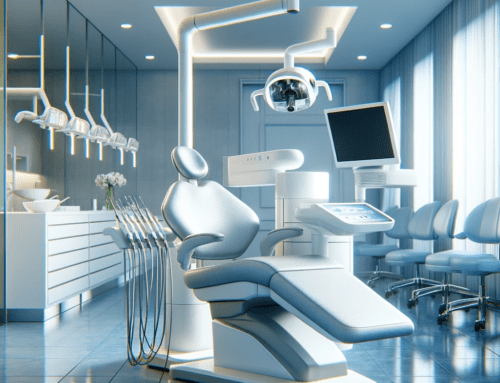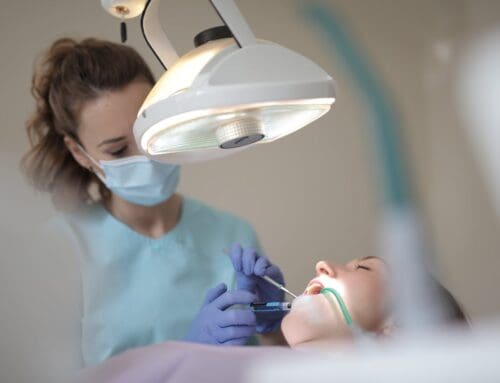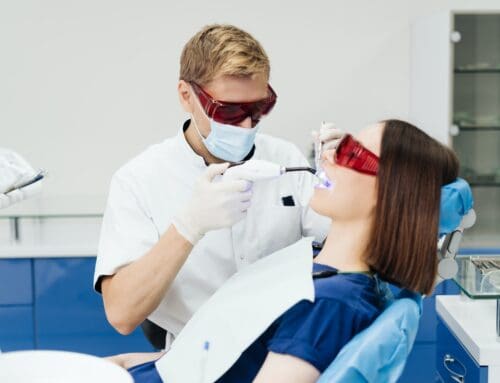 Have you looked closely at your smile lately and noticed that your teeth look longer than you think they should? A smile that looks “toothy” can be a sign of gum recession, a common condition that affects millions of adults. When gums lose their snug attachment to the neck of the teeth, they can start to recede — eventually exposing the yellowish cementum, the surface layer of the tooth’s roots. Not only does that look unsightly, especially in highly visible areas of the mouth, but it can also cause discomfort. If you are worried that you have gum recession in North Bethesda, we welcome you to contact our office today.
Have you looked closely at your smile lately and noticed that your teeth look longer than you think they should? A smile that looks “toothy” can be a sign of gum recession, a common condition that affects millions of adults. When gums lose their snug attachment to the neck of the teeth, they can start to recede — eventually exposing the yellowish cementum, the surface layer of the tooth’s roots. Not only does that look unsightly, especially in highly visible areas of the mouth, but it can also cause discomfort. If you are worried that you have gum recession in North Bethesda, we welcome you to contact our office today.
Gum disease is a major cause of gum recession. However, recession can happen even in a healthy mouth, especially in people who have thin gum tissue. The type of gum tissue a person has — thin or thick — is determined by genetics. Thin gum tissue recedes more easily since it is more vulnerable to wear and tear — especially as we age. On the other hand, thicker gum tissue is more robust and less likely to be damaged by trauma and inflammation. Severe gum recession can make it harder for you to smile, talk, and eat with confidence and comfort; fortunately, there are many effective ways to treat it.
Many people may not even be aware that their gums are receding until some of these concerns show up. Your North Bethesda dentist can identify why this is happening, and then address the factors that are causing recession.
One of the main culprits is gum disease, which if left untreated, can wreak havoc on the supporting tissues of teeth. Gum disease is a bacterial infection that eventually causes bone loss. As the bone in your jaw is lost, the gums pull away from teeth, creating small spaces or pockets. These in turn harbor more bacteria, which cause further damage to gums and bone — and potentially more noticeable gum recession.
Poor oral hygiene is a major factor in gum disease. When teeth and gums aren’t properly cared for — with brushing, flossing, and regular professional cleanings — a sticky deposit of bacteria-laden plaque remains on the teeth. Plaque contains various toxins produced by the bacteria which promote infection, inflammation and chronic disease. In the absence of good oral hygiene, it can harden into a mineralized deposit called tartar (or dental calculus), which you can’t remove at home.
Ironically, overzealous hygiene habits can also cause problems; in fact, it is probably the most common cause of gum recession. Aggressively brushing your teeth in a sawing motion can wear away enamel, irritate or inflame the gum tissue, and eventually lead to gum recession. Remember that good brushing should not hurt! If over-aggressive brushing is an issue, try using a soft bristle or electric toothbrush with gentle circular motions.
There are several other habits that can lead to oral health problems: tobacco use (especially chewing tobacco), picking at the gum line, pricking it with sharp objects, and introducing foreign objects in the mouth, like oral piercings. All of these can damage gums and cause recession.
Finally, gum recession may be caused by a tooth that has simply erupted (emerged) in the wrong place: not in the center of the jaw’s bony ridge, as it ideally should. When this occurs, some areas on the root may have inadequate bone support, and consequently little or no gum tissue protection. This may happen naturally, or in some cases because of orthodontic treatment.
Fortunately, Pike District Smiles is equipped to combat unsightly gum recession in North Bethesda. Give our office a call today at (301) 679-0398 to schedule your comfortable and convenient appointment.
